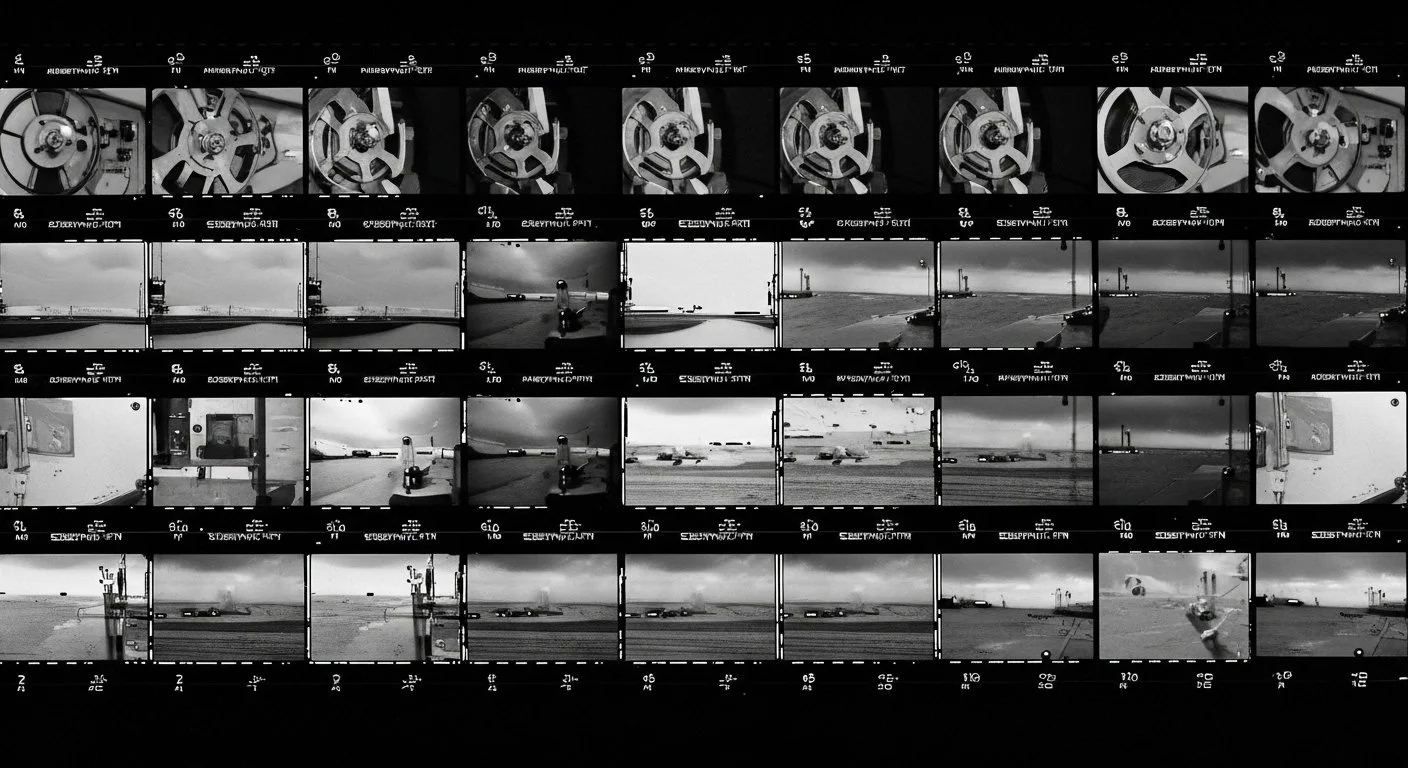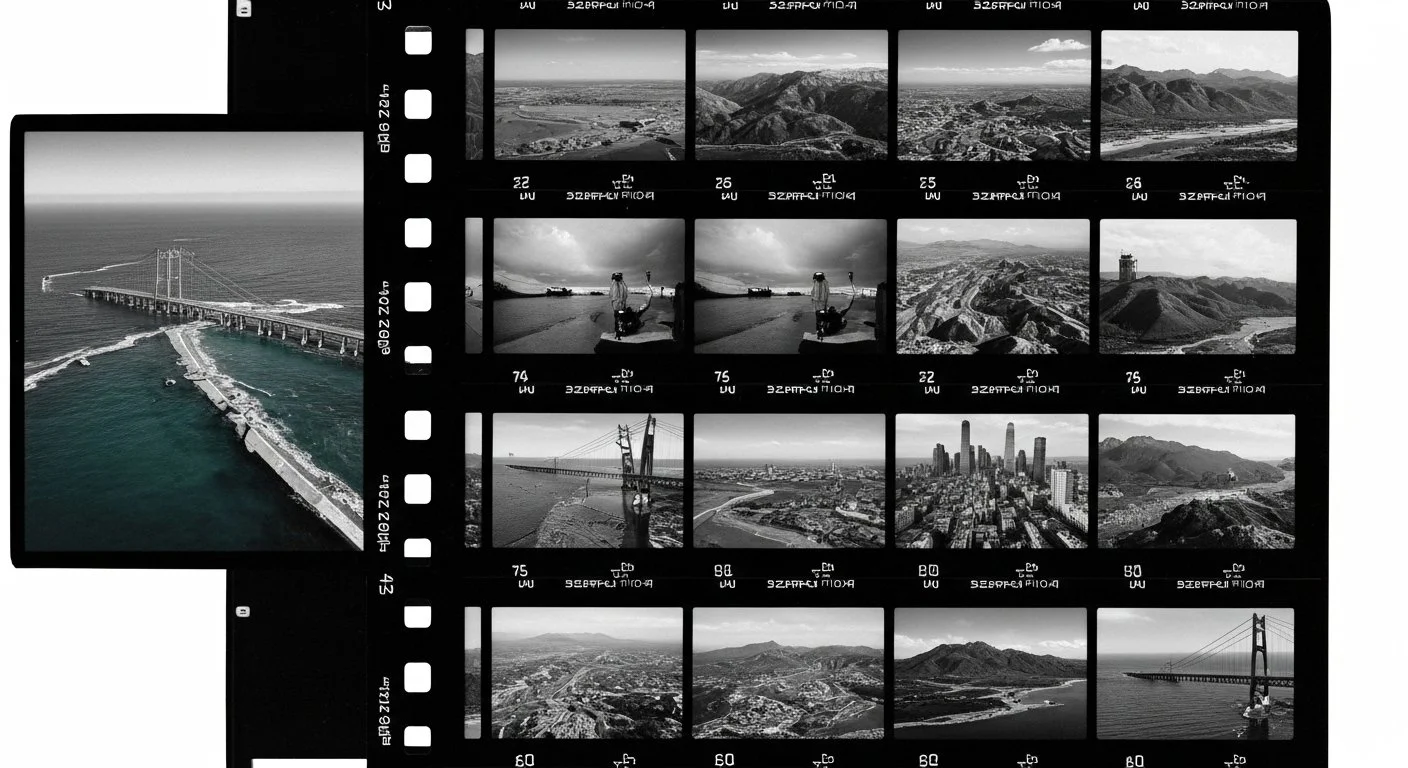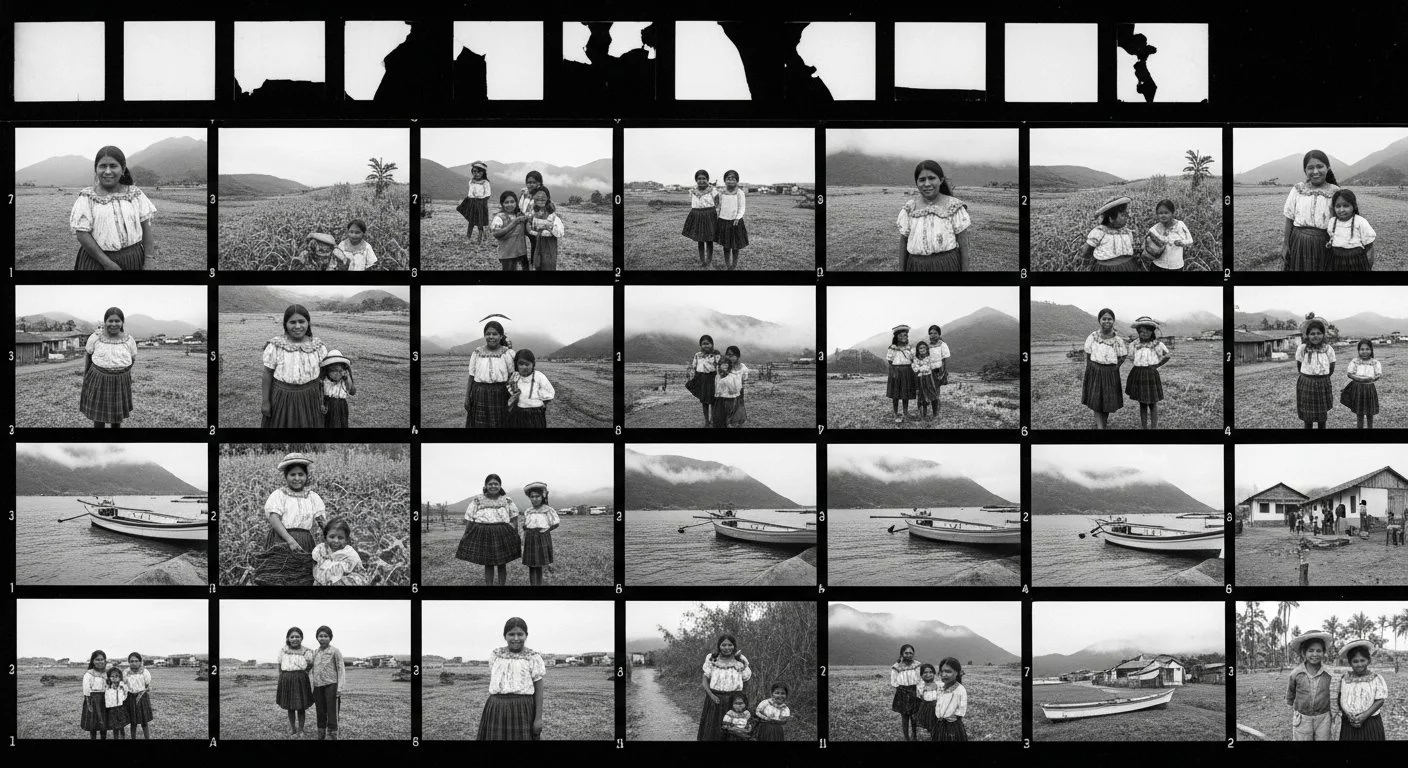About
Diego Rivera-Kohn is a filmmaker, video editor and drone cinematographer based in Montreal, Quebec. His career spans three interconnected areas: editing and post-production, aerial cinematography, and personal artistic filmmaking. He currently works in the post-production area of the Animation Department at the Cinema School of Concordia University.
Editing and Post-Production
For over a decade, editing has been central to Rivera-Kohn’s work. He has collaborated on international documentaries, fiction films, and animation projects produced in Canada, Mexico, Germany, Bolivia, and beyond. His credits include feature-length documentaries and fiction as well as numerous shorts, advertising and social campaigns.
He has also shared his expertise through workshops and teaching, supporting students and emerging filmmakers in editing, post-production workflows, and visual storytelling.
Aerial Imaging
A Transport Canada–certified drone pilot, Rivera-Kohn integrates aerial imagery into his filmmaking practice, capturing unique perspectives that enhance narrative and visual storytelling. He has taught Drone Videography at Concordia University, blending technical precision with artistic vision.
Artistic Filmmaking
Alongside professional work, Rivera-Kohn directs his own films, which have screened internationally at festivals including IDFA, HotDocs, and Thessaloniki. His film Ex-voto for Three Souls won the Golden Frog at Camerimage (2008), judged by cinematography legends Michael Chapman, Cesar Charlone, and Billy Williams. Earlier works like Mekanizem and The Drought explore narrative, animation, and documentary experimentation.
Grants, Bursaries & Juries
My creative and academic work has been supported by several of Canada’s most respected arts institutions, including the Canada Council for the Arts, the Conseil des arts et des lettres du Québec (CALQ), and SODEC. Over the years, I have received multiple bursaries for film development, writing, and production, such as the SODEC Jeunes Créateurs grant and the CALQ Vivacité Montréal program, both recognizing projects that foster cultural dialogue and innovation.
In addition to professional recognition, my academic path was also marked by several awards, including the Québecor Bursary for Cultural Diversity, the Graduate Fellowship, and the Omer DeSerres Prize for Excellence in Visual Arts at Concordia University, honoring both artistic and scholarly achievement.
Together, these grants and distinctions have allowed me to sustain a practice at the intersection of documentary cinema, digital art, and education—supporting projects that combine technical precision with a deep commitment to storytelling.





